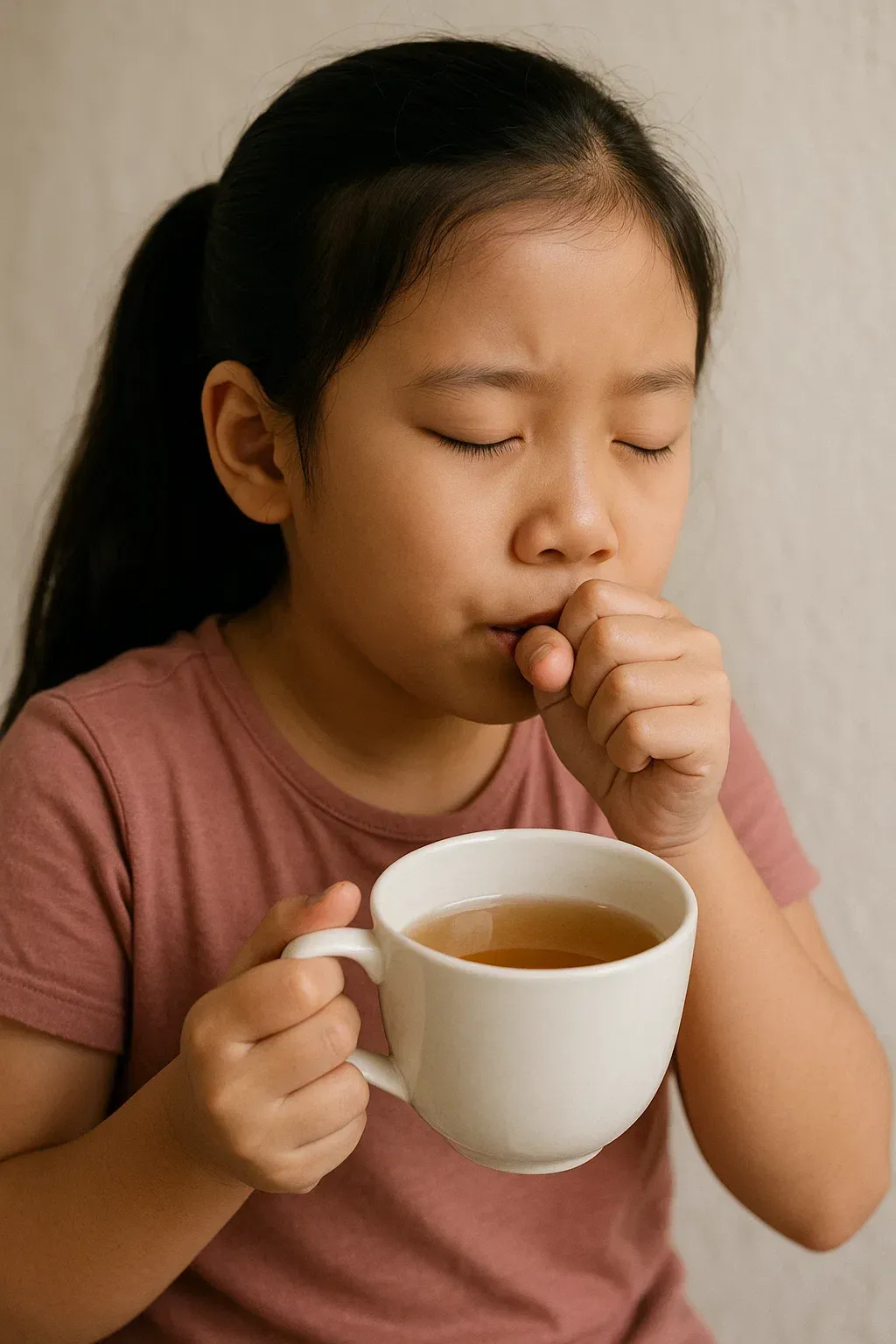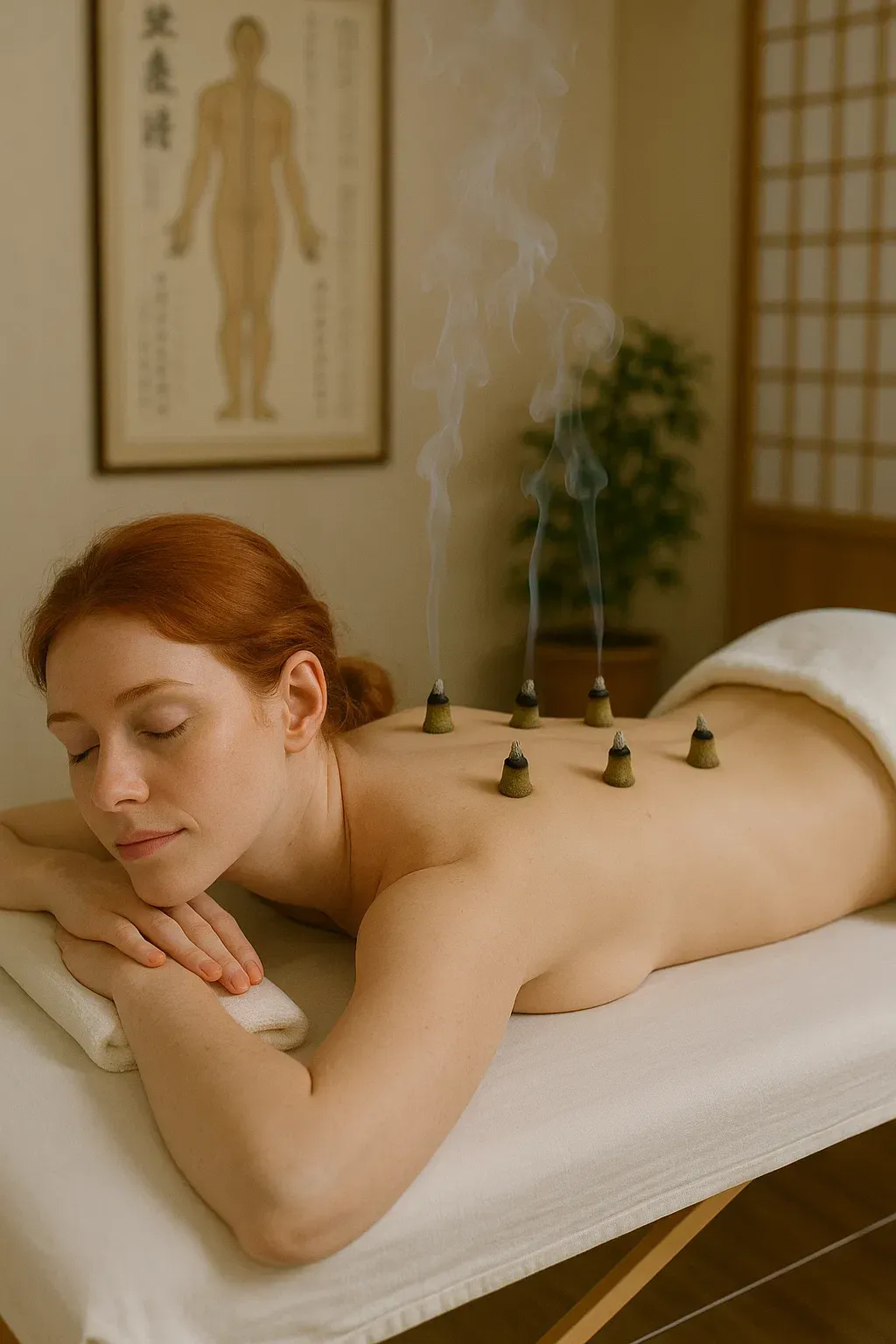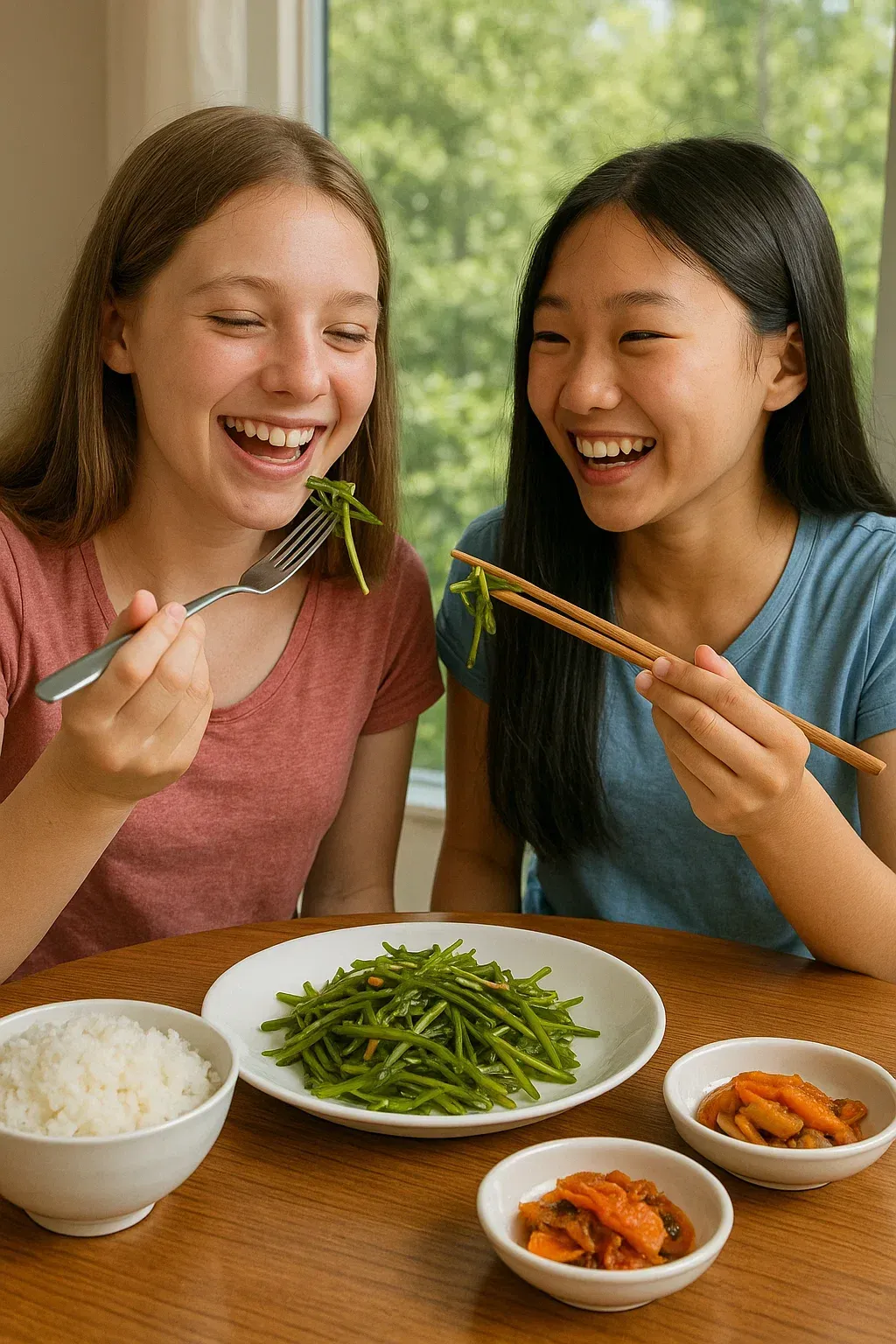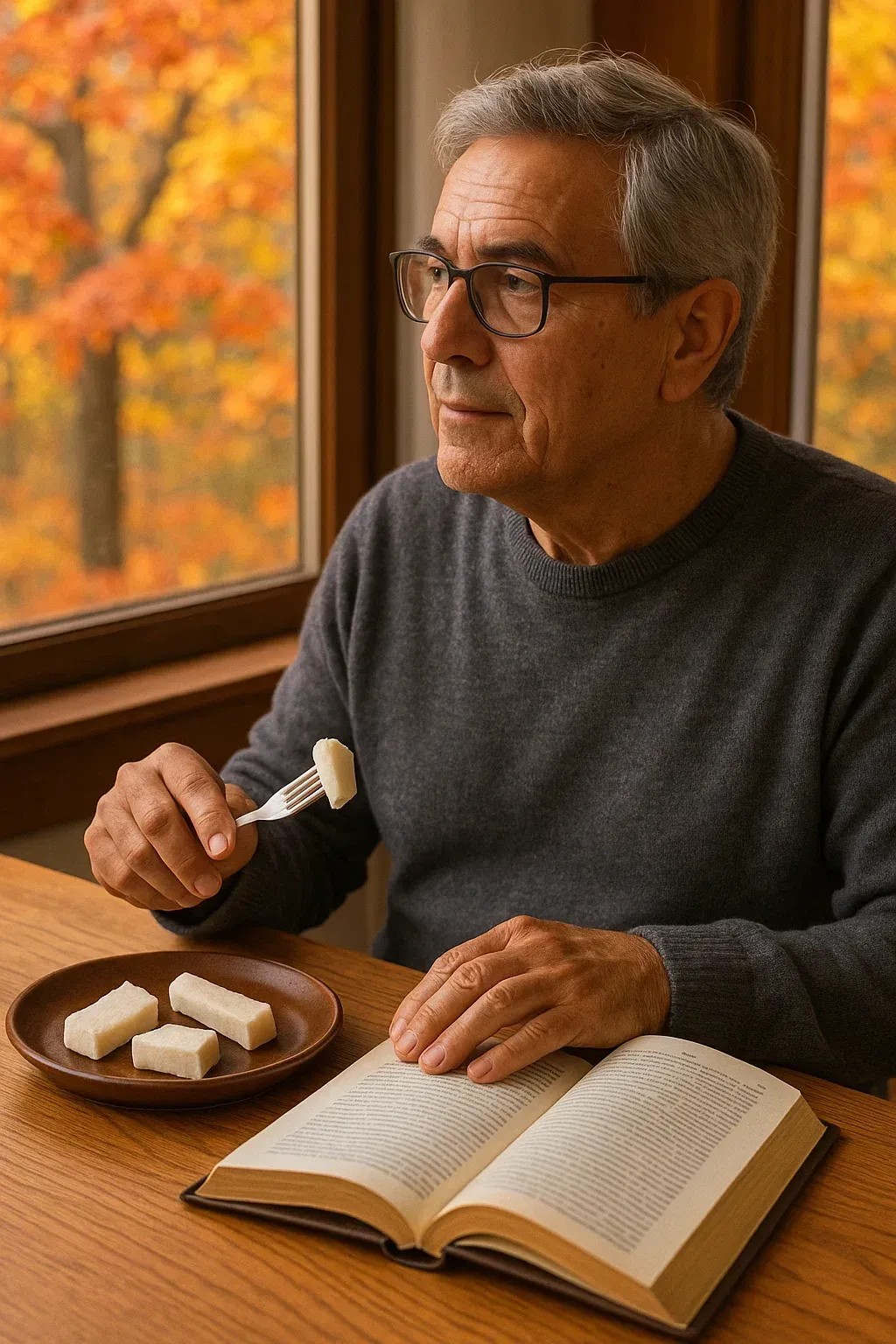A Bloom for Clarity and Calm: A Naturopath's Guide to Chrysanthemum (국화)
In our increasingly digital world, many of us spend hours glued to screens, leading to tired eyes, tension headaches, and a general feeling of being "overheated." When seeking natural remedies for cooling, calming, and clarifying, Traditional Chinese Medicine (TCM) often turns to a familiar and beautiful flower: Chrysanthemum, known as Ju Hua (菊花). As a naturopath, I find this gentle yet potent herb to be a wonderful ally for those seeking relief from modern stressors, especially those affecting the head and eyes.
The Gentle Power of Ju Hua: A Flower with a Purpose
For centuries, Ju Hua has been cherished in Asian cultures, not just for its aesthetic beauty and pleasant aroma but for its medicinal properties. It’s traditionally classified as a "cool" herb, used to clear heat, detoxify the body, and soothe the senses. While you might enjoy it as a fragrant tea, its true power lies in its complex array of compounds, including flavonoids, phenolic acids, and essential oils, which contribute to its therapeutic effects.
The Science-Backed Benefits of Chrysanthemum
Modern research is beginning to validate the traditional wisdom surrounding Ju Hua, highlighting how its active components contribute to our well-being:
- Soothing Tired Eyes & Enhancing Vision: In TCM, Ju Hua is famous for benefiting the eyes. Modern science points to its rich antioxidant content, particularly flavonoids and carotenoids like lutein and zeaxanthin. These compounds help protect the delicate tissues of the eyes from oxidative stress and blue light damage, which is incredibly relevant in our screen-heavy lives. Think of it as a gentle, natural compress for overworked eyes, helping to alleviate dryness, redness, and fatigue.
- Cooling & Calming the Head: Ever feel a throbbing headache or a sense of heat rising to your head after a long day? Ju Hua is traditionally used to "clear heat" from the liver meridian, which often manifests as headaches, dizziness, and irritability. Its anti-inflammatory properties can help reduce tension and discomfort, promoting a clearer, more relaxed head space.
- Gentle Detoxification & Liver Support: In TCM, the liver is closely linked to eye health, anger, and detoxification. Ju Hua's traditional use includes supporting liver health by helping to clear heat and toxins. This indirect support can contribute to overall well-being, better energy levels, and even clearer skin.
- Stress Reduction & Relaxation: The delicate aroma and cooling nature of Chrysanthemum tea naturally promote relaxation. While not a strong sedative, its ability to alleviate tension and "clear heat" contributes to a sense of calm, making it a perfect evening beverage or a mid-day stress reliever.
Incorporating Chrysanthemum into Your Daily Ritual
Ju Hua is perhaps one of the most accessible and delightful herbs to integrate into your routine:
- Chrysanthemum Tea: The most common and enjoyable way to consume Ju Hua is by steeping the dried flower heads in hot water. Its light, floral aroma and slightly sweet taste make it a refreshing drink, hot or cold. You can find dried flowers at Asian markets or specialty tea shops.
- Herbal Blends: It's often combined with other cooling herbs like goji berries or honeysuckle for enhanced effects.
Important Cautions: While generally considered safe, some individuals may have allergic reactions to chrysanthemums (especially if sensitive to ragweed or marigolds). If you are pregnant, breastfeeding, or taking medications, it's always wise to consult with a healthcare professional before consuming Ju Hua regularly.
Embrace the serene power of Chrysanthemum. Whether you're seeking relief for tired eyes, a natural way to cool down, or simply a moment of calm amidst the daily grind, this beautiful bloom offers a gentle invitation to clarity and peace.
- Dr. Chungmoo "John" Huh, DAcCHM, L.Ac, Dipl. OM -











